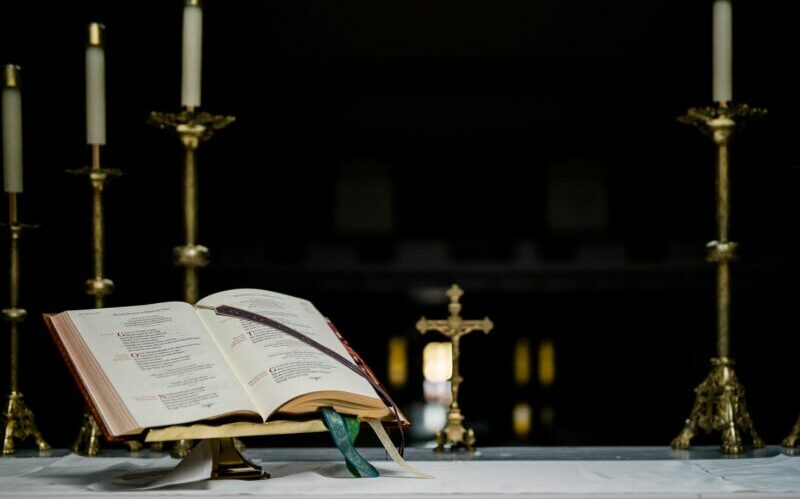The dark shadow of scandal still lurks four years after the Royal Commission findings
October 7, 2021
Unless all the implications of the sex abuse scandal are faced head-on, the Church will struggle to be identified for anything else.
Thursday at the Plenary Council was very powerful. In a special plenary focused on those who had been abused and hurt by our Church we were led through a lamentation session and on into serious reflection and discussion. The atmosphere was solemn, the burden far from light.
This was an important session. Confronting the shameful history of abuse is vital. That history is alive today. It is something we carry as a Church, and it must shape us as a Church.
Unless all the implications of the sex abuse scandal are faced head-on, I fear the Church will struggle to be identified for anything else in my lifetime. Of course, there are many fine works conducted in the name of the Church.
I am involved in both the social service and health ministries. But the dark shadow of the scandal lurks. It will continue to for as long as the Church appears not to have fully atoned for the crimes and the cover-ups. It will continue until the Church comes to terms with itself.
What were the cultural factors that permitted concealment and complicity? What instincts drove Bishops, leaders and their advisors to disbelieve victims and to seek to silence them?
These are difficult questions that go to the fundamental question of why a Church would treat people, children firstly, so badly.
Why also would a Church harbour criminals and go to great lengths to protect them? What were the “working assumptions” for those in positions of power and influence that ultimately put the institution before the welfare of children?
I know that Church processes of accountability and safeguarding are light years better today than in previous times. I also know that administrators and ecclesial leaders are far more determined to ensure safety for children. But still, things are less than best practice.
The Church effectively still investigates itself in meeting safeguarding standards and addressing initial complaints.
There does not appear to be a consistent approach to dealing with reparations for victims across the Church.
The voices of victims seem absent from the governance structures charged with dealing with abuse cases.
The recommended accountability and professional supervision measures for clergy and Church personnel are far from implemented.
There has still not been a comprehensive national report on the “state of play” of the current cases of abuse, the resolution of cases and the financial reparations made.
Councillors have been asked to “see through the eyes of those who have been abused”. The best way for that to happen is to allow the experiences of the abuse to influence what we see, what we decide and what we do.
Councillors also are continually reminded of Pope Francis call to respond to a “missionary impulse”. Reaching out to the abused, be they sexually or otherwise, will help ignite that impulse and burn the flame for change.

